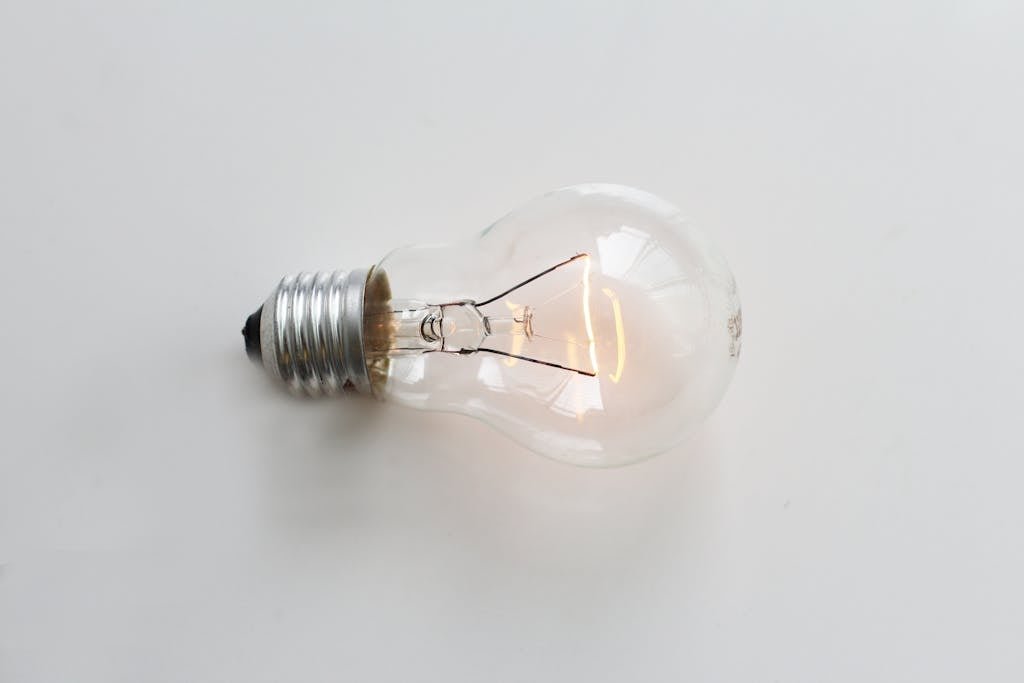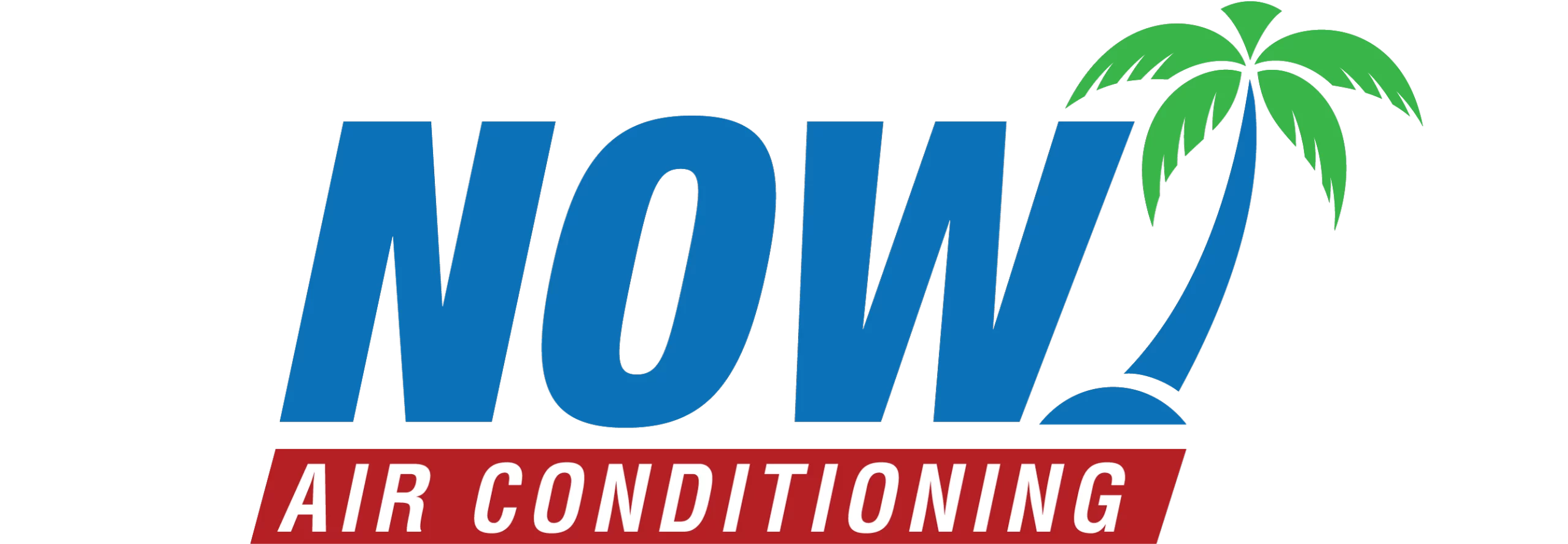 Selecting the right southern Florida HVAC system is important for maintaining year-round comfort in the region’s hot and humid climate. The right HVAC system can help you stay cool during scorching summers while effectively managing humidity levels. Here are some factors to consider when choosing a southern Florida HVAC system.
Selecting the right southern Florida HVAC system is important for maintaining year-round comfort in the region’s hot and humid climate. The right HVAC system can help you stay cool during scorching summers while effectively managing humidity levels. Here are some factors to consider when choosing a southern Florida HVAC system.
Climate & Southern Florida HVAC Systems
Southern Florida experiences hot and humid weather throughout the year, with average temperatures ranging from the high 70s to the low 90s Fahrenheit. Humidity levels often exceed 70%, especially during the summer months. The salty, coastal air can cause corrosion to exterior appliances which reduce lifespan.
Southern Florida’s climate requires HVAC systems to work harder to keep your home comfortable . As a result, you need to choose an HVAC systems capable of effectively cooling and dehumidifying the air while tolerating the corrosive effects of salt air.
Assessing Your Home’s Needs
Before selecting an HVAC system, consider your home’s size, layout, and existing climate control features. Consider factors such as square footage, number of rooms, ceiling heights, insulation quality, and window efficiency. These measurements will help determine the appropriate size and type of HVAC system for your home.
When thinking of your home’s needs, pay attention to any specific features that may affect HVAC system installation. For example, older homes with limited space or no existing ductwork may require alternative HVAC solutions, such as ductless mini-split systems. Additionally, homes located in flood-prone areas may require elevated HVAC equipment to prevent water damage during hurricanes or heavy rainfall.
Types of HVAC Systems
Central Air Conditioning Systems
Traditional central AC systems consist of an outdoor unit and indoor air handler connected by ductwork. While central AC offers whole-house cooling, it may not be suitable for homes without existing ductwork or with limited space. Homeowners considering central AC should ensure their ductwork is properly sized and sealed to maximize efficiency.
Ductless Mini-Split Systems
Ductless mini-split systems provide cooling (and heating) without ductwork, making them ideal for homes with limited space or no existing ductwork. Each indoor unit can be independently controlled, allowing for customizable comfort in different areas of the home. Ductless mini-split systems are also energy-efficient and offer easy installation compared to traditional central AC systems.
Energy Efficiency

Selecting an energy-efficient HVAC system helps reduce utility bills and environmental impact. Look for systems with high SEER (Seasonal Energy Efficiency Ratio) ratings and ENERGY STAR® certification to ensure optimal efficiency and performance. Energy-efficient HVAC systems not only save money on monthly energy bills but also reduce greenhouse gas emissions and contribute to a more sustainable environment.
Humidity Control
Effective humidity control is crucial for Southern Florida homes. Look for HVAC systems with features such as variable-speed air handlers and dehumidification settings to maintain comfortable indoor humidity levels. High humidity levels can lead to mold growth, musty odors, and indoor air quality issues, so it’s essential to choose an HVAC system capable of effectively managing humidity levels year-round.
Additional Features and Options
Consider additional features such as programmable thermostats, air purification systems, and zoning capabilities to enhance comfort and indoor air quality. Programmable thermostats allow you to schedule temperature adjustments based on your daily routine, reducing energy consumption when you’re away from home. Air purification systems remove airborne contaminants such as dust, pollen, and pet dander, improving indoor air quality for allergy sufferers and respiratory health.
Zoning capabilities allow you to divide your home into separate temperature zones, allowing for customized comfort in different areas. This feature is especially beneficial for larger homes or multi-story residences with varying heating and cooling needs. Smart HVAC technologies offer convenience and energy savings by allowing remote control and automation of system functions via smartphone apps or voice commands.
Budget Considerations
Set a realistic budget for purchasing and installing your new HVAC system, considering long-term cost savings and return on investment. While upfront costs may seem daunting, investing in a high-quality HVAC system can save money on energy bills and reduce the need for costly repairs or replacements down the line. Obtain multiple quotes from reputable HVAC contractors to ensure competitive pricing and quality service.
Hire a Professional
Hire a licensed and experienced HVAC contractor like Now Air Conditioning to install and maintain your HVAC system. We will assess your home’s specific needs, recommend appropriate HVAC solutions, and ensure proper installation and ongoing maintenance for optimal performance and longevity.
Choosing the right HVAC system for your Southern Florida home requires careful consideration of factors such as climate, home size, efficiency, and budget. By understanding your home’s needs and exploring available options, you can select an HVAC system that provides optimal comfort, efficiency, and durability for years to come. Investing in the right HVAC system, including annual maintenance included in our cost-effective subscription membership, will enhance your quality of life, and comfort and sustainability if your home.






